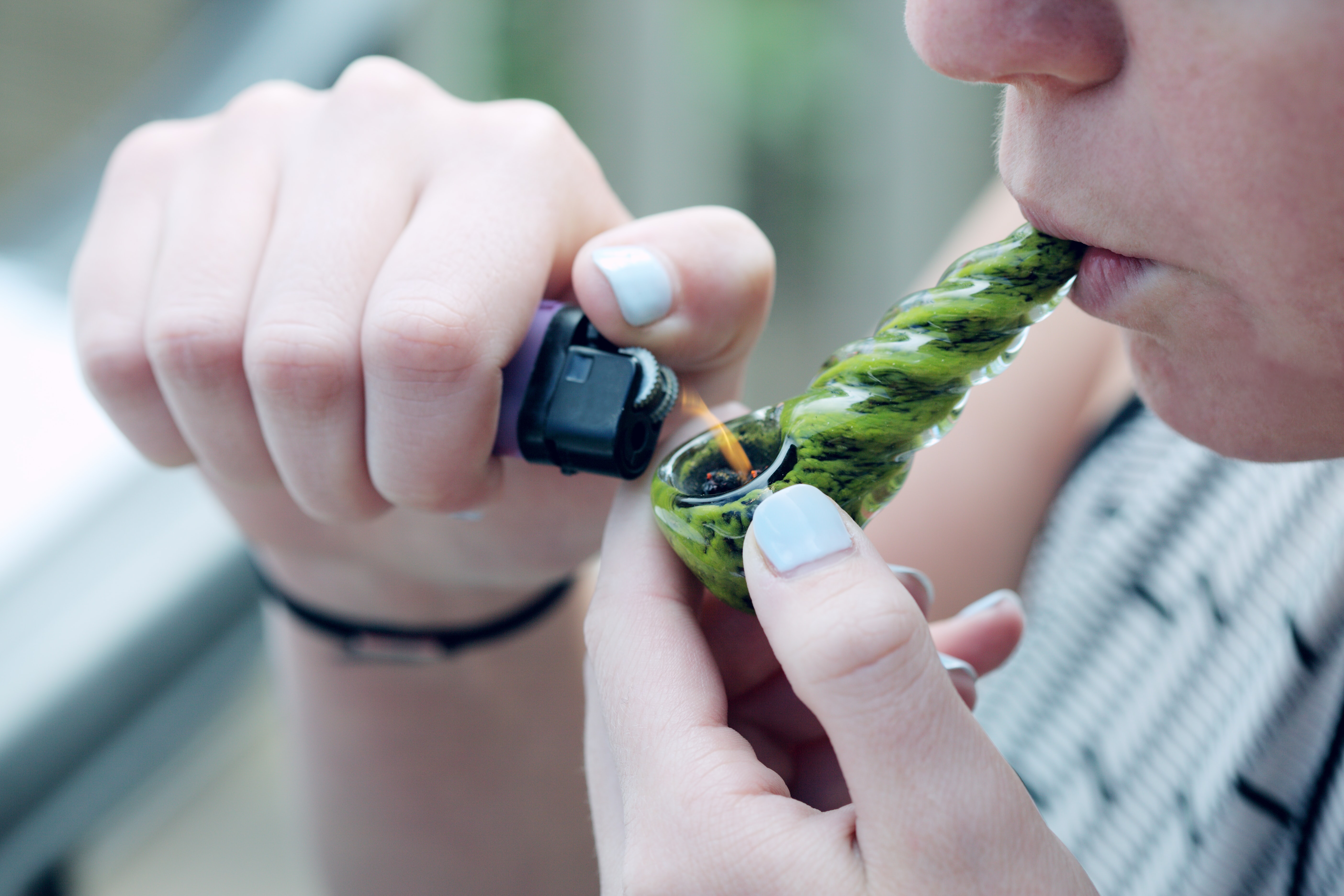Not jail, but multifaceted holistic care, is required for those with a serious SUD. Patients must give up their unhealthy coping techniques, such as drugs and alcohol, to recover from this condition.
In June of 2021, a poignant anniversary occurred. Fifty years prior, President Nixon sent a special letter to Congress naming narcotics as “America’s public enemy number one” and initiating the “war on drugs,” which is today largely seen as an ineffectual or even harmful tool in the fight against drug abuse.
How the War on Drugs Inadvertently Punished the Victims
After Nixon’s proclamation, the U.S. launched a worldwide military campaign to reduce the illicit drug trade, some vestiges of which still continue to this day. The results of this campaign has been tragic, especially for the United States’ southern neighbor Mexico. The intention was to discourage the manufacture, distribution of illegal drugs to the public. The use of drugs was also harshly punished, and this criminalization of the victims of the drug enterprise was the most crucial error.
Increasing numbers of politicians, public health specialists, and community leaders in the United States have brought awareness to the sabotaging effect that punishing the drug users has, when the ultimate goal of the war on drugs is to protect these victims.
The Results Support the Decriminalization of Drug Use
Decriminalization has been successfully implemented in other countries. Leading the way, Portugal decriminalized the use of all narcotics in 2001. As of 2018, Portugal’s drug-related deaths are 5 times lower than the EU average. Also, drug usage decreased among the 15–24-year-old population, which is the group most ‘at risk’ of experimenting with harmful substances.
Addiction to heroin was widespread in Portugal before legalization, and the country had Europe’s highest prevalence of HIV infection. According to a 2018 research study by TIME magazine the 104 new cases of HIV per million in 2000 dropped to 4.2.
In Latin America, Uruguay has likewise taken a rather permissive stance on drug use in recent years.
Testing the Waters in the United States
In parts of the U.S., some of the harsher anti-drug laws established during the war on drugs have been eliminated or reduced. For example, Oregon voters decriminalized the possession of small quantities of many illegal narcotics in 2020.
Legislators from New Jersey and Missouri, together with the non-profit Drug Policy Alliance, have joined forces to promote policies that aim to “lower the effects of both drug use and drug prohibition” in the U.S.
These efforts are humane in that they prioritize getting the real victims of the drug trade, the users, treatment instead of punishment. This approach is in alignment with the “disease model of addiction,” which is the universally accepted idea that drug use is disorder of the mind rather than a moral failing.
The Changing Perception of Drug Users
Addiction to alcohol and narcotics is no longer considered criminal conduct based on character faults. Rather, it is defined as a debilitating chronic sickness among medical experts.

According to Human Rights Watch, “One life is damaged every 23 seconds because of the simple possession of narcotics.” This refers to how frequently drug arrests happen in the United States.
It is a well-known reality that criminalizing drugs creates more harm than good for communities. Yet, in the United States, drug possession continues to be the most frequently charged crime. Queen Adesuyi, Policy Manager for the Office of National Affairs at the Drug Policy Alliance, stated, “It breaks families apart and produces pain that may be felt for generations. ”
The Drug Policy Reform Act
Refocusing the federal government’s efforts on drug abuse as a health problem rather than a criminal one is a key goal of the Drug Policy Reform Act (DPRA). The DPRA, sponsored by U.S. House of Representatives members Bonnie Coleman (New Jersey) and Cori Bush (Missouri) is designed to:
- Abolish federal criminal sanctions for drug possession
- Transfer regulatory authority from the Attorney General to the Secretary of Health and Human Services
- Erase records and allow for resentencing
- Invest government funds in alternative ‘health-centered’ methods
Most long-term repercussions of a criminal drug conviction would be eliminated under this proposal. Some examples are current legal victims of the war on drugs being unable to get work, public assistance, obtain a green card, or even a driver’s license.
Why Punishments Do Not Work
When persons with an addiction have a strong desire to keep doing something dangerous while knowing the consequences, threats of punishment have little impact. In most cases, individuals with a severe substance use disorder (SUD) are seeking to numb their emotional anguish by abusing drugs or alcohol. This reaction results from a past trauma, present sadness or anxiety, or by other mental health issues.
Not jail, but multifaceted holistic care, is required for those with a serious SUD. Patients must give up their unhealthy coping techniques, such as drugs and alcohol, to recover from this condition.


Join the conversation!